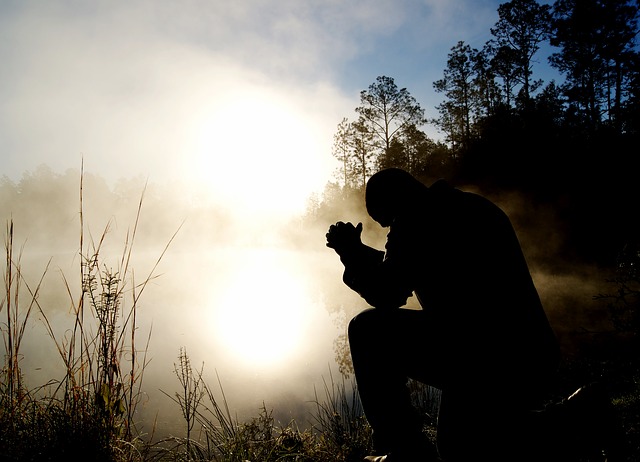 Flip a switch and the lights come on.
Flip a switch and the lights come on.
It’s such an everyday activity that we give it no thought. Power available at a touch, and we give little thought to the source. Somewhere is a generating plant. It might be nuclear, wind power, gas, coal, or water. The common element is that mankind has learned how to harness and convert these forms of energy into electricity.
Putting energy to work has been critical to the development of our civilization. It probably began with the discovery of fire. Then perhaps, water power. Eventually, mankind learned the secrets of the atom and the energy it holds. Along the way, we learned the hazards that accompany the use of energy, and we learned how to use it safely.
If we step back from our earthly view, we would recognize that, on a cosmic scale, these forms of energy are incredibly minor when compared to the immense powers that exist in the universe. If we were to view a lightning strike from space, it would seem to be only a flicker of static electricity. When we observe the destructive power of an atomic bomb, we are amazed that so much energy could exist in the heart of a few pounds of nuclear material.
It is almost as if energy sources have been tempered so that humans could benefit. Could a Creator have engineered energy sources to make them available in stages as mankind evolves? Each type of energy seems to be a step more complex than the last.
Once again, we are faced with the dilemma of our perspective. While we struggle to accept the idea that our universe and all that it contains is the work of a single Creator, we need to recognize that it is our lack of experience with existence on a cosmic scale that is our primary handicap.
Since we, as humans, cannot grasp certain concepts outside of our experience, we have trouble imagining those factors on a cosmic scale. Energy is one of those concepts, and we have just begun to understand and harness those forms of energy that we have discovered.
The truth about all forms of energy is compelling evidence of divine action.
Science tells us that virtually all matter is a combination of energy forces that comprise the structure of the atoms that make up that matter. The deeper we go into the structure of the atom, the smaller and more mysterious the components become. Ultimately, we must conclude that all matter is a form of energy.
When we consider the incalculable amount of mass in the universe, we can only wonder – what could be the fundamental source of so much energy?
When we have narrowed our search down to the most basic element of energy and matter, we are left with only one conclusion. Perhaps the answer is simply – the will of God.









